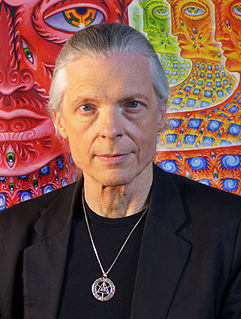A Quote by Devendra Banhart
Something I practice everyday is Tonglin. It's Tibetan for taking and receiving.
Related Quotes
Literacy is part of everyday social practice - it mediates all aspects of everyday life. Literacy is always part of something else - we are always doing something with it. Its what we choose to do with it that is important. There are a range of contemporary literacies available to us - while print literacy was the first mass media, it is now one of the mass media.




































